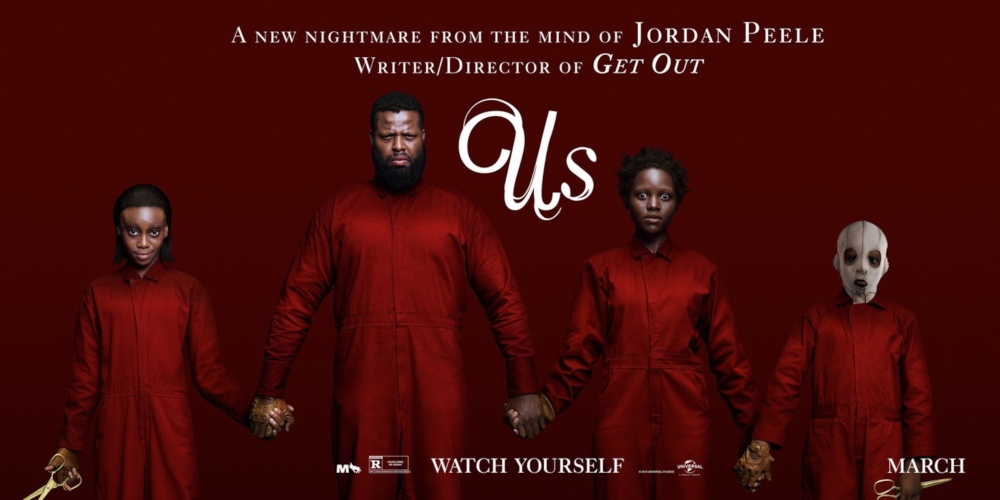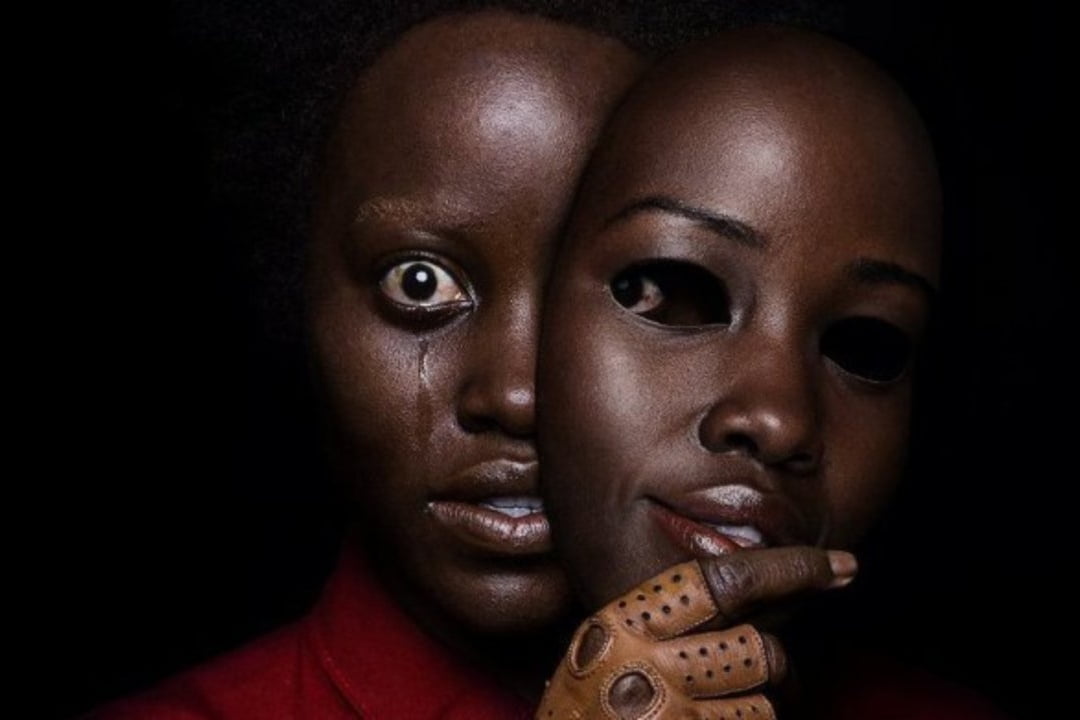Through the medium of the horror genre, Jordan Peele’s latest picture provides an explicit critique of capitalism and class society. But a potentially powerful political message is blunted by a convoluted and confused plot.
Two years ago, director Jordan Peele burst onto the Hollywood scene with his debut film, Get Out. With a budget of only $4.5m, it took $255m in cinemas worldwide – proving that overtly political films that attack the rich white establishment can make a hell of a lot of money for the establishment!
With an enjoyable use of irony, Get Out took a simple, real world premise and exaggerated it to make a political point whilst also producing scares. Peele sticks to the same strategy with the release of his second film – another horror flic with a political message.
The film starts with what appears to be a wealthy family travelling to a holiday home for a break. This premise is initially irritating, as we are so used to Hollywood attempting to make a film about ostensibly ordinary people, but inexplicably giving them absurdly luxurious living standards, as if this is how most people live. However, as the plot unfolds, it becomes clear the point is that this family is rich and spoilt.
Unseen underclass
This film’s political message is not, as with Get Out, primarily about racism but about the class structure of American society. The central plot revolves around the emergence from the shadows of an underclass of sinister subterranean humans, each a mirror-image of their more privileged double above ground.
The implication is clear: in class society, the repressed many are out-of-sight from the wealthy few, forced to live in another world from that of the bright beaches and shiny malls of the rich. When confronted by this reality, those on the top are horrified by the gruesome sight that stares back at them.
The title ‘Us’ is quite therefore clearly a play on words, meaning not only ‘us’ but also, by implication, ‘them’, and of course the US – the United States. That the film is a criticism of the division between rich and poor in the US is made clear when a mysterious character answers the protagonist’s question as to who ‘they’ are, by stating “we’re Americans”.

Losing the plot
The family life depicted in the first part of the film is well written. The characters are funny and likeable, and a realistic tension and sense of middle-class repression is ever present, showing that Jordan Peele remains a talented writer. However, once the real action starts and the plot is revealed, the film quickly goes off the rails.
Like so many political films, the message gets in the way of the story, over-complicating it. The essence of good cinematic writing can be summed up in the phrase ‘show, don’t tell’. A well conceived set-up is pregnant with meaning and significance, and can be driven forwards without convoluted exposition. The viewers understand the situation and why it is significant, or what the characters depend on and are motivated by. When changes take place, new light is shed on past events almost automatically.
Ken Loach’s films are rare examples of highly political films that work, because he intelligently selects scenarios that are inherently political and plausible. He does not have to shoe-horn the politics in. This also applied to Jordan Peele’s, Get Out, which did not require any convoluted exposition.
This is very much not the case with Us. The plot is so contrived and ludicrous that at two points the antagonist is obliged to take about five minutes out to explain exactly why these things are happening and why they are significant. Without these explanations the film would be impossible to understand – and even after this exposition the plot remains confusing, given how riddled with holes it is.
Left wanting
When the film draws to a close, the audience is left feeling baffled and unsatisfied. This is a shame because, despite the flaws, the political ideas that Us explores are interesting and illuminating. With more time to work on the plot, it would have been possible to make a very good film out of the central conceit of doppelgangers and underclass.
It seems that the success of Get Out pushed Universal Pictures to rush Peele into another movie before he’d had time to get his ideas together – an ironic outcome given the film’s central critique of capitalism.






